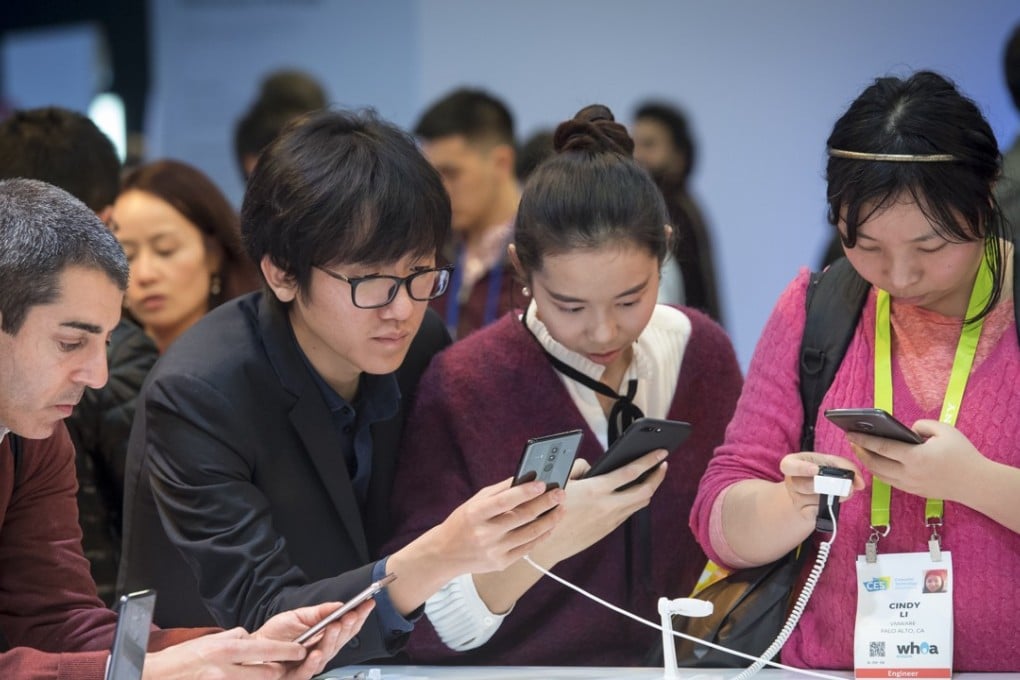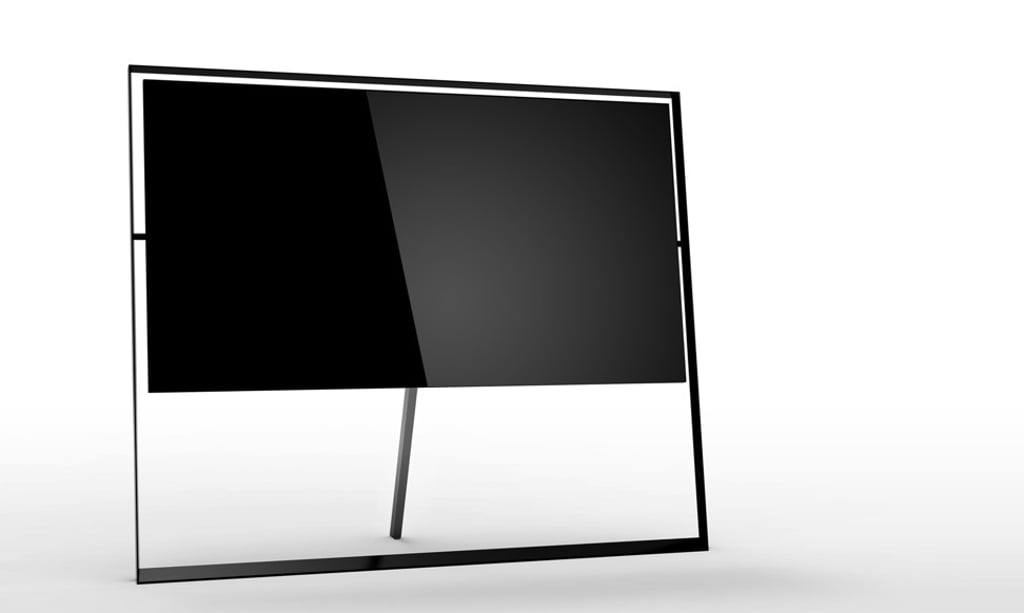At CES 2018, AI is meaningless. But outside it, real machine learning is changing the world
Not all ‘smart’ devices use AI, not that you’d know it from this year’s Consumer Electronics Show. But while the term might be good for marketeers targeting millennials, genuine artificial intelligence is making big steps elsewhere

Artificial intelligence (AI) is suddenly everywhere. From phones and TVs to air conditioners and even a toilet, the flashy new products at the year’s CES (Consumer Electronics Show) in Las Vegas – the world’s largest tech show – are showing the 180,000 attendees that if a device doesn’t have AI inside, it’s not worth having.
At least, that’s what they’re being led to believe.
Real-time wearable translators put to the test in China – how did they do?
Take the humble smartphone. Have you ever decided to buy a smartphone because it had AI inside? Probably not, but next time you buy a handset it’s likely to be a major factor.
Huawei kicked it off a few months ago with its Mate 10, claiming the phone’s NPU (neural processing unit) would enable smart photography and machine translation. In reality, it just means more efficiency, with faster text and image processing.

Every year at CES, one company shows off a new giant television – and the year’s, unsurprisingly, claims to use AI. Samsung says its new flagship 85-inch Q9S TV uses AI to convert low-resolution videos into 8K resolution.
